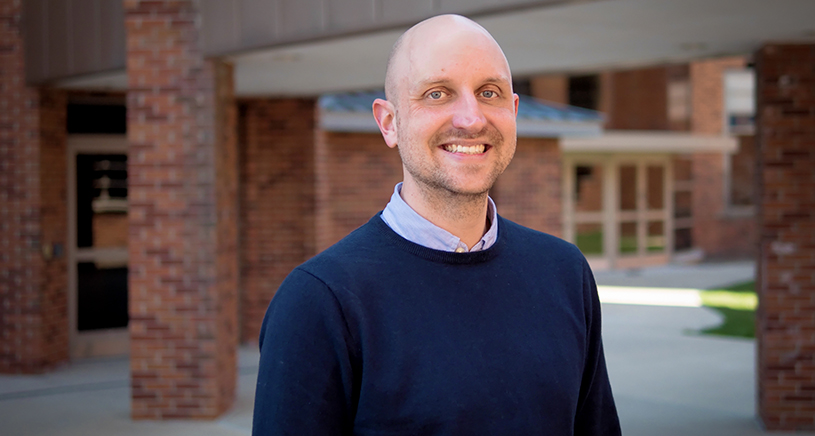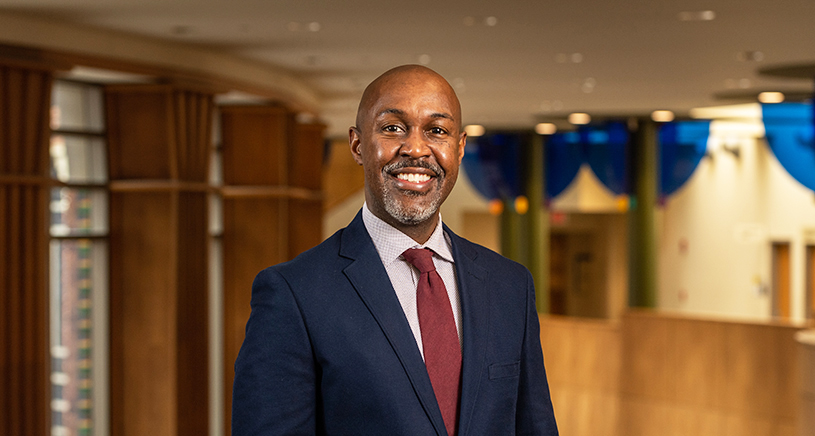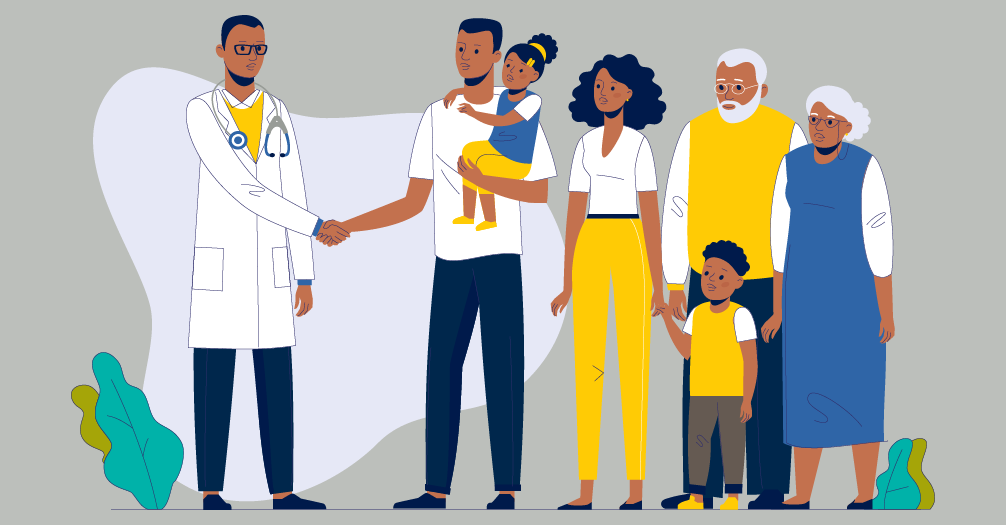Public Health IDEAS for Building Health Equity
Look at any disease statistics and you’ll quickly notice that not everyone enjoys
the same level of health. Whether due to race, religion, sexual orientation, gender
identity, or a multitude of other factors, people in some groups across the US and
around the globe experience stigma, bias and discrimination that often lead to poorer
health outcomes. With this initiative, the University of Michigan School of Public
Health will bring together experts across a range of disciplines and build on existing
collaborations to identify proven and sustainable ways to dismantle racism and other
forms of inequality embedded in society and promote health equity across populations.
Given the interdisciplinary nature of both the University of Michigan and the School of Public Health and our long history of scholarship on discrimination and health equity, we are uniquely positioned to address this complex and longstanding problem with the urgency it deserves. We will bring together experts in racism and discrimination, health communication, healthcare policy, environmental justice, social epidemiology, and other areas to find effective and sustainable solutions in pursuit of health equity.
News Center
Read more
Faculty Leadership
 Justin Colacino
Justin Colacino
Associate Professor, Environmental Health Sciences
Colacino’s research focuses on understanding environmental and dietary factors in the development of chronic diseases like cancer. Additionally, he studies how certain populations are unequally impacted by chemical exposures and how those exposures might impact disease disparities. His research group combines wet lab bench work and bioinformatic and statistical analysis of large scale genomic and epidemiologic data sets to translate findings from in vitro models to the population level.
 Enrique Neblett
Enrique Neblett
Professor, Health Behavior and Health Education
Neblett is one of the leading US scholars in the area of racism and health, with a particular focus on understanding how racism-related stress influences the mental and physical health of African American young people. Neblett and his collaborators have examined the mechanisms by which racial discrimination, internalized racism, and impostor feelings can affect health. In his most recent line of research, he conducts community-based participatory research with an eye toward developing and implementing interventions, programs, and policies to address the health consequences of structural racism and promote health equity.




